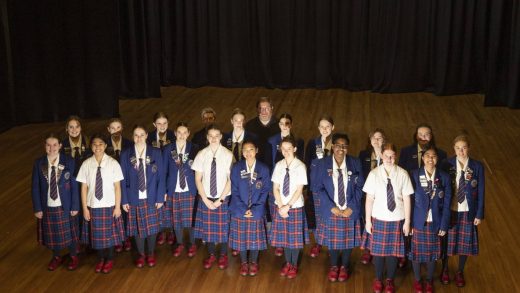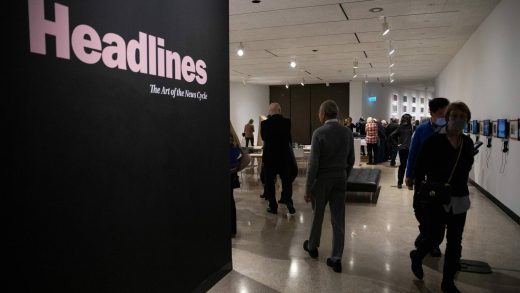
Canterbury’s hospitality sector appears to be bouncing back from the pandemic, despite the rising cost of living and staff shortages.
New venues are opening their doors and spending is up, with a record $1.6 billion going through Canterbury hospitality tills last year. This was an 8.5% jump from 2021, and 14% up on 2019 before the pandemic.
The increase in spending was the second highest in the country, behind Auckland.
Restaurant and bar owner Max Bremner said recent trade had been “quite amazing”.
READ MORE:
* Covid-19: Canterbury business leaders say phase 2 move not enough to stop ‘mass closures’
* 10 exhibitions to look out for in Canterbury in December
* The best in Wellington hospitality vie for top honours
“For the first time since the earthquakes we’ve really seen Christchurch turn around and pick up. It’s a massive turnaround.”
Bremner, whose venues include Fat Eddies, Original Sin and The Bog, said the central city was “looking vibrant”, with cruise ships arriving, visitors flying in from Australia, full trams, and people in town enjoying summer.
“The whole thing has changed.”
CHRIS SKELTON/Stuff
Wining and dining in a busy New Regent St on Friday evening.
The Restaurant Association’s latest hospitality report, using Statistics NZ data, says Canterbury now has just over 2400 cafes, restaurants, bars, clubs, and takeaway outlets. This is about 100 more than pre-Covid.
However, Christchurch City Council numbers for food licences, covering food and drink venues including food trucks, slow a slight drop-off in numbers.
On Christchurch on Friday evening John and Kate Morrison opened a small wine bar inside the Art Shop Gallery they launched on Armagh St last year.
“To open something in a recession probably isn’t a good idea, but you have to do something,” John Morrison said.
CHRIS SKELTON/Stuff
The Art Shop Gallery owners Kate Morrison, pictured, and husband John have just opened a small wine bar.
Morrison said they were not too concerned about hiring difficulties, as it was a family-run business “and we’ve got a big family, so we’re all good”.
Bar owner Nick Inskster, who co-owns OGB, Paddy McNaughton’s Irish Pub, the Austin Club and Lyttelton’s Civil & Naval, said there were more students around to fill front-of-house roles, but chefs remain hard to find.
He is planning to open a new hospitality spot, called Church, in the former Trinity Congregational Church in May.
While new outlets are opening, the number of staff working in the region’s hospitality sector is down as owners still struggle to find workers.
KAI SCHWOERER/Stuff
Shafeeq Ismail at his newly opened restaurant Odeon.
Many of Christchurch’s food and drink outlets are displaying staff wanted signs.
A total of 16,750 people are employed in the hospitality sector in Canterbury, which is down from the 17,090 employed in 2019.
The restaurant association report says that despite the loss of businesses nationally during the pandemic, “new concepts and styles of businesses have been launched “as operators have sought out opportunities in the market”.
In Christchurch, these new concepts can be seen in the likes of Mr Wolf, a central city venue opened last month selling champagne, hotdogs, and caviar, and Muy Muy, which opened before Christmas serving cuisine from Mexico’s Oaxaca region.
JOHN KIRK-ANDERSON/Stuff
Mr Wolf has opened on Colombo St selling hot dogs, champagne and caviar.
Newly opened businesses in the city this week include Odeon in Gloucester St with an Andalusian inspired menu, and new Black and White Coffee Cartel cafe in Beckenham which had all tables full on the first day.
The openings come despite venue operators around the country facing big increases in food and staff costs. A restaurant association survey found the biggest wage increases in the past year were for waiters with a 9.1% rise, followed by kitchen hands (8.3%), then baristas (7.7%)
Highest paid were executive chefs, paid an hourly average of $36, followed by head chefs on $30, restaurant managers on $28, and duty managers $35. Baristas made an average $23 an hour, and bar staff, waiters, kitchen hands and cafe assistants $22.


